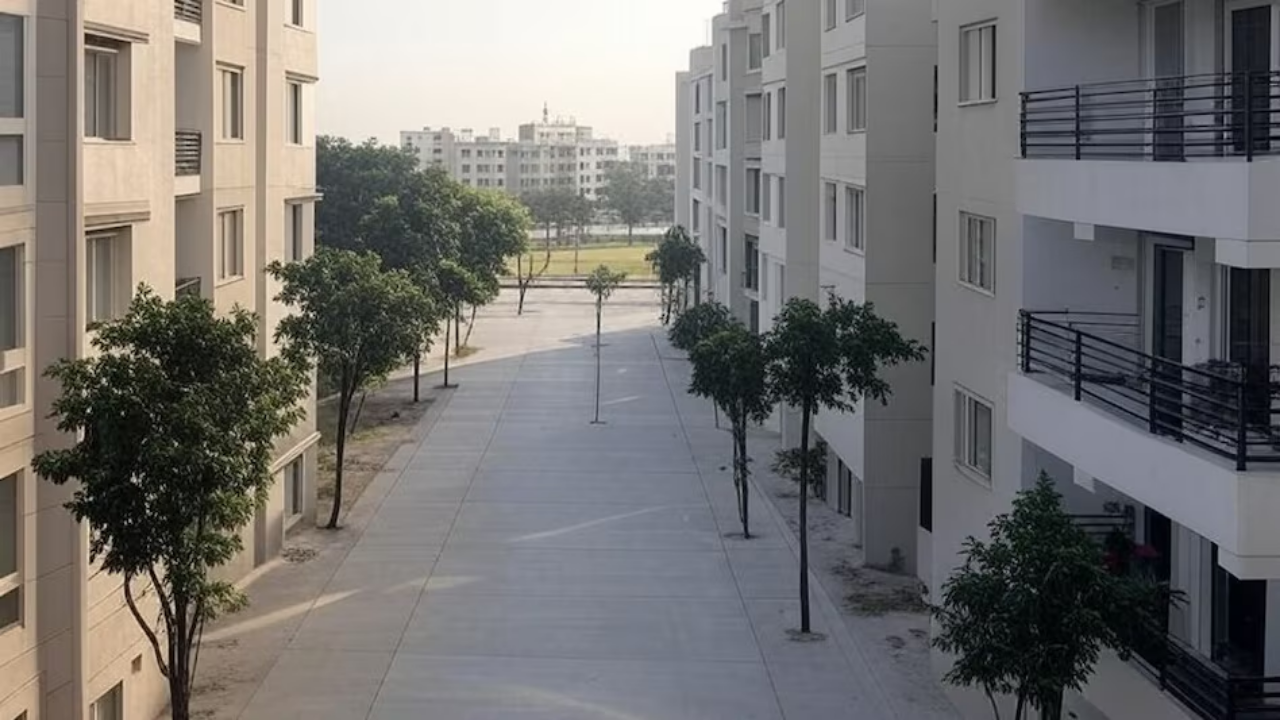On Friday, Finance Minister Nirmala Sitharaman withdrew the Income Tax Bill, 2025, from the Lok Sabha to make crucial revisions. The original bill, meant to replace the Income-Tax Act of 1961, faced criticism for several drafting errors and ambiguous clauses, particularly concerning the taxation of vacant residential properties. The government plans to introduce an updated version that incorporates recommendations from a Lok Sabha Select Committee.
Thank you for reading this post, don't forget to subscribe!Recommended Changes for Vacant Properties
A key focus of the recommended changes is Clause 21, which deals with calculating the “annual value” of residential properties for tax purposes. The initial draft of the bill raised concerns among property owners and legal experts because it could have removed tax relief for vacant properties. The committee’s two main recommendations aim to fix this issue:
- Deletion of “in normal course”: The committee advised removing this ambiguous phrase, which was criticized as being vague and open to interpretation. Its removal ensures that genuine cases of property vacancy are recognized without unnecessary hurdles, simplifying tax assessments.
- Reinstating the comparative framework: The committee proposed bringing back the established principle of comparing a property’s actual rent with its notional (or “deemed”) rent. This change ensures that property owners are taxed on the lower of the two values when a property remains vacant, preserving the tax relief provided under the current law.
What This Means for Property Owners
These amendments will prevent vacant property owners from facing higher tax bills based on a notional rent, rather than on the actual, lower income they receive. Experts like CA Dr. Suresh Surana have welcomed these changes, stating they will provide much-needed clarity and reduce potential litigation. By incorporating these recommendations, the revised bill aims to strike a balance between fair tax collection and protecting taxpayers from an unfair burden.

















